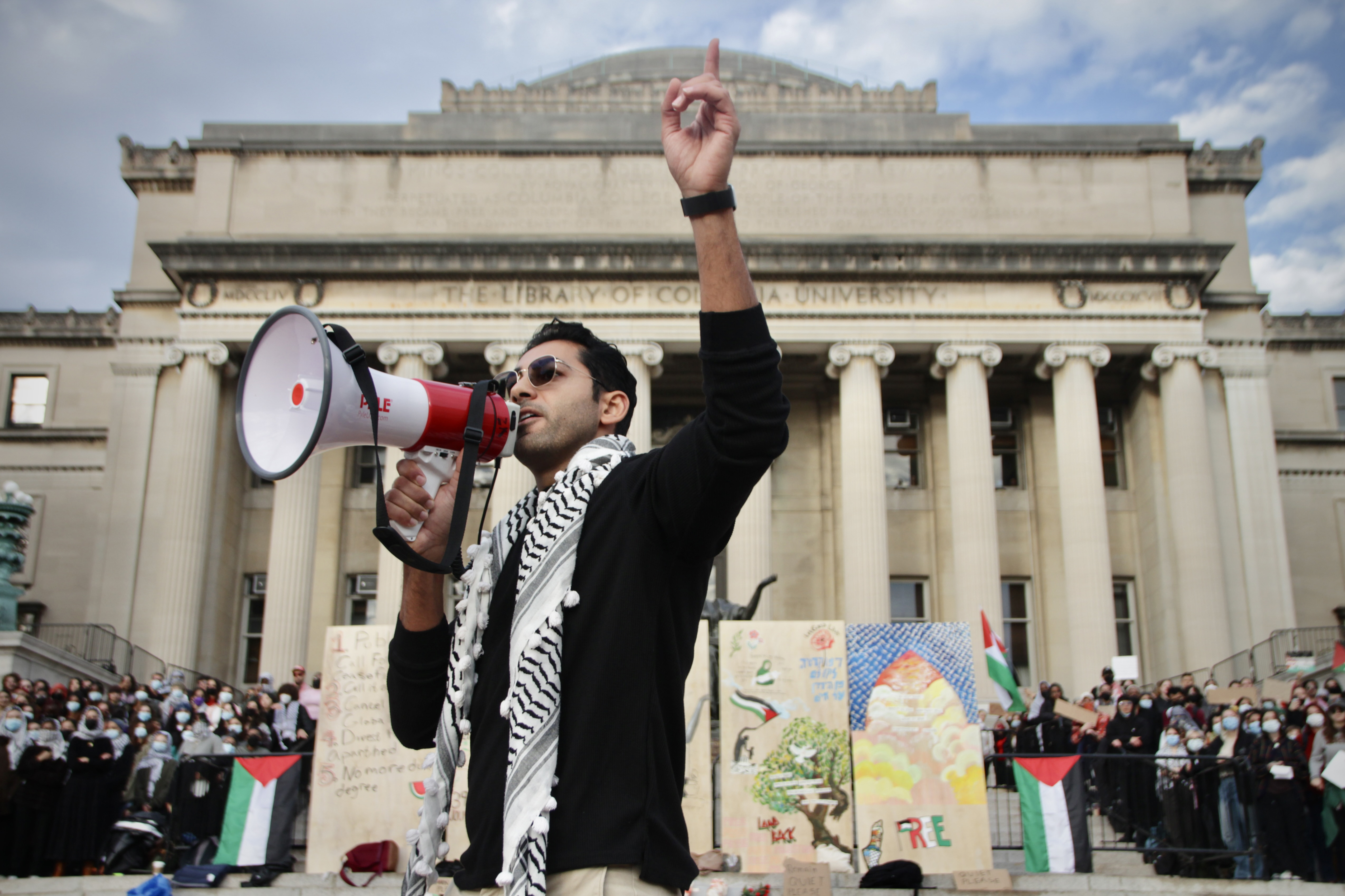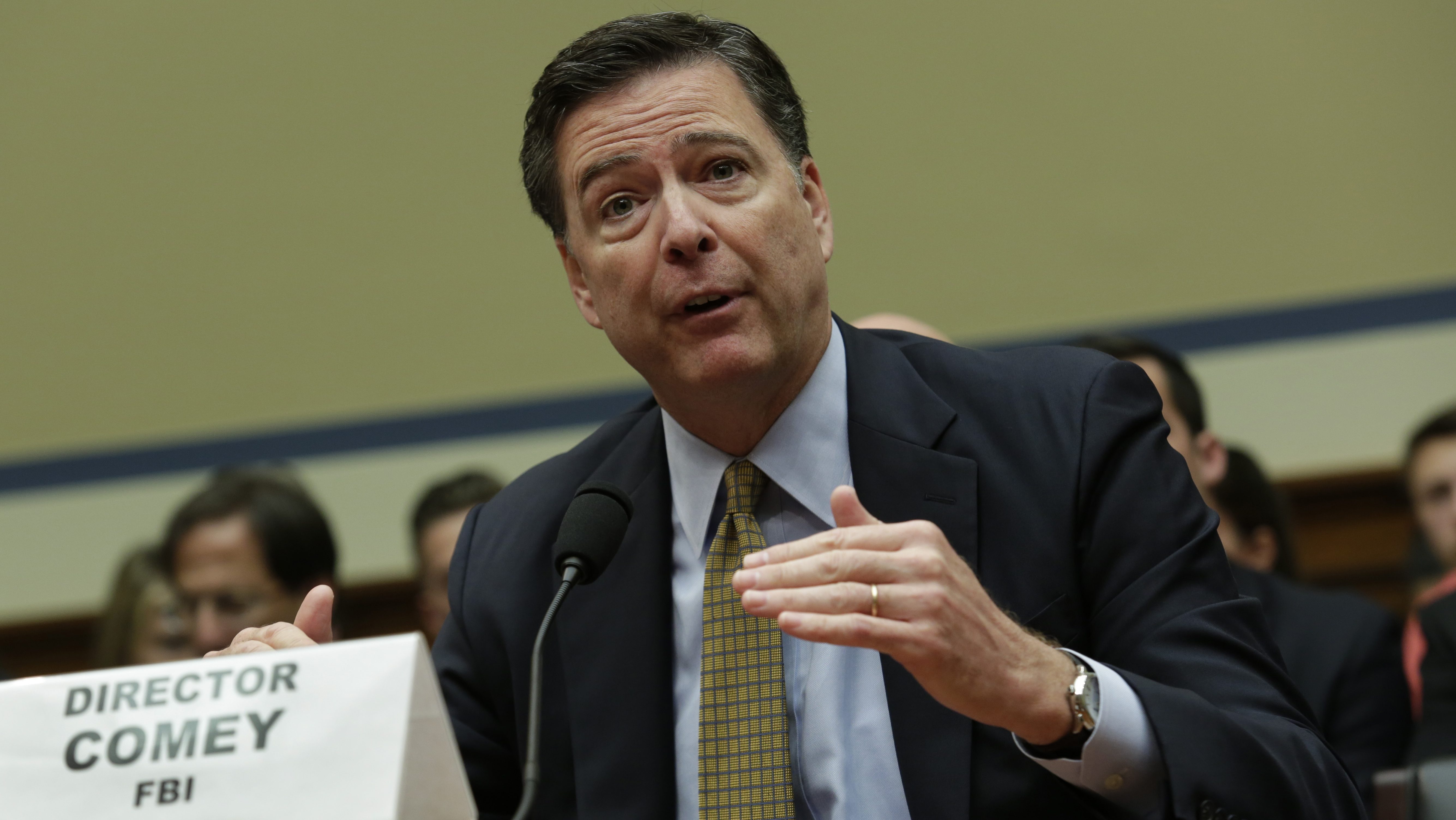Mohsen Mahdawi Released: Columbia Student's Fight for Freedom
Columbia Student Free: Mohsen Mahdawi's Fight for Freedom
Introduction: A Victory for Justice?
Have you ever felt powerless in the face of authority? The story of Mohsen Mahdawi, a Columbia University student, is a testament to the enduring power of resilience and the fight against perceived injustice. Mahdawi, a 34-year-old U.S. permanent resident, was recently released on bail after being detained by DHS agents during his naturalization interview in Vermont. This case has sparked outrage and ignited discussions about immigration policies, due process, and the very definition of freedom in America. But is his release truly a victory, or just the beginning of a longer battle?
Who is Mohsen Mahdawi?
Mahdawi's story is far from ordinary. Born and raised in a refugee camp in the West Bank, his journey to Columbia University is a remarkable achievement. He’s not just a student; he’s a symbol of perseverance, a voice for the voiceless. Understanding his background is crucial to understanding the gravity of his detention and the significance of his release.
From Refugee Camp to Columbia University
Imagine the odds stacked against you. Mahdawi defied those odds, proving that determination can overcome even the most challenging circumstances. His story is a beacon of hope for refugees and immigrants seeking a better life in the United States.
A U.S. Permanent Resident
It's important to remember that Mahdawi wasn't undocumented. He was a U.S. permanent resident, meaning he had the legal right to live and work in the country. So, why was he detained? That's the question many are asking.
The Arrest: What Happened in Vermont?
On April 14th, Mahdawi's life took an unexpected turn. During his naturalization interview in Vermont, he was detained by armed DHS agents and subsequently held at an Immigration and Customs Enforcement (ICE) facility. This raises serious questions about the tactics employed by immigration authorities and the rights of permanent residents.
The Naturalization Interview Gone Wrong
A routine interview turned into a nightmare. Was this a targeted action? Were his rights violated? These are just some of the questions that need to be answered.
Held at Northwest State Correctional Facility
Imagine being locked up while pursuing your dream of becoming a U.S. citizen. The psychological impact of this experience is undoubtedly significant. How does one cope with such a sudden and drastic change in circumstances?
Mahdawi's Defiant Message: "I Am Not Afraid"
Following his release, Mahdawi delivered a powerful message outside the Vermont courthouse: "I am saying it clear and loud to President Trump and his Cabinet: I am not afraid of you." This statement speaks volumes about his courage and his commitment to fighting for justice, not just for himself, but for others in similar situations.
Echoes of Martin Luther King Jr.
Mahdawi cleverly referenced Martin Luther King Jr., stating, "What we are witnessing now and what we’re understanding is exactly what Dr. Martin Luther King has said before: Injustice anywhere is a threat to justice everywhere." This comparison highlights the broader implications of his case and the importance of standing up against injustice, wherever it may occur. He's drawing parallels to the Civil Rights movement, reminding us that the fight for equality is far from over.
Judge Crawford's Decision: Release on Bail
From the bench, Judge Geoffrey W. Crawford ordered Mahdawi's release on bail. While this is a positive step, it's important to remember that it's not the end of the story. The legal battle is likely to continue, and Mahdawi's future remains uncertain.
What Does "Release on Bail" Mean?
Bail is essentially a financial guarantee that ensures a defendant will appear in court for future hearings. It's not an acquittal; it simply means that Mahdawi is allowed to be free while his case proceeds.
The Legal Road Ahead
What are the next steps in Mahdawi's legal journey? Will he face further challenges to his residency status? These questions remain unanswered, and the legal process could be lengthy and complex.
The Broader Implications: Immigration and Justice
Mahdawi's case has become a focal point for discussions about immigration policies, due process, and the treatment of permanent residents. It raises important questions about the balance between national security and individual rights.
Concerns about Immigration Policies
Are immigration policies being applied fairly and consistently? Are permanent residents being unfairly targeted? These are legitimate concerns that need to be addressed.
Due Process and Individual Rights
Everyone, regardless of their immigration status, is entitled to due process and the protection of their individual rights. Was Mahdawi afforded these protections? That's what needs to be determined.
Public Reaction and Support for Mahdawi
Mahdawi's story has resonated with many people, sparking widespread support and calls for justice. Social media has played a significant role in raising awareness and mobilizing public opinion. It shows the power of collective action and the importance of speaking out against injustice.
Social Media's Role in Raising Awareness
In today's digital age, social media is a powerful tool for spreading information and mobilizing support. Hashtags like #FreeMohsenMahdawi have helped to amplify his story and connect people from around the world.
Community Activism and Advocacy
Beyond social media, community activists and advocacy groups have been working tirelessly to support Mahdawi and raise awareness about his case. Their efforts have been instrumental in bringing his story to a wider audience.
The Future for Mohsen Mahdawi
What does the future hold for Mohsen Mahdawi? While his release on bail is a positive step, the legal battle is far from over. His case serves as a reminder of the challenges faced by immigrants and refugees in the United States and the importance of fighting for justice and equality.
Pursuing His Studies at Columbia University
Will Mahdawi be able to continue his studies at Columbia University without further interruption? That remains to be seen. The uncertainty surrounding his legal status could have a significant impact on his academic pursuits.
A Symbol of Hope and Resilience
Regardless of the outcome of his legal case, Mohsen Mahdawi has already become a symbol of hope and resilience for many. His courage and determination in the face of adversity serve as an inspiration to others.
Conclusion: A Long Road Ahead
Mohsen Mahdawi's release on bail is a welcome development, but it's just one step in a long and complex journey. His story highlights the challenges faced by immigrants and refugees in the United States and the importance of upholding the principles of justice and due process. It reminds us that the fight for freedom and equality is an ongoing process, and that we all have a role to play in ensuring that everyone is treated fairly under the law.
Frequently Asked Questions (FAQs)
-
Why was Mohsen Mahdawi detained?
Mohsen Mahdawi was detained by DHS agents during his naturalization interview in Vermont on April 14. The specific reasons for his detention haven't been publicly disclosed, but his legal team suggests it might be related to his background and political views.
-
What is Mohsen Mahdawi's immigration status?
Mohsen Mahdawi is a U.S. permanent resident. He was in the process of applying for U.S. citizenship when he was detained.
-
What is the significance of Judge Crawford's decision to release him on bail?
Judge Crawford's decision to release Mahdawi on bail means that he is allowed to be free while his case continues. It suggests that the judge believed he was not a flight risk or a danger to the community.
-
What are the potential consequences of this situation for Mahdawi?
The potential consequences for Mahdawi include further legal challenges to his residency status and potential delays in his naturalization process. It could also have a psychological impact on him and his ability to pursue his studies.
-
How can I support Mohsen Mahdawi?
You can support Mohsen Mahdawi by staying informed about his case, spreading awareness through social media, and contacting your elected officials to advocate for fair immigration policies and due process for all.








